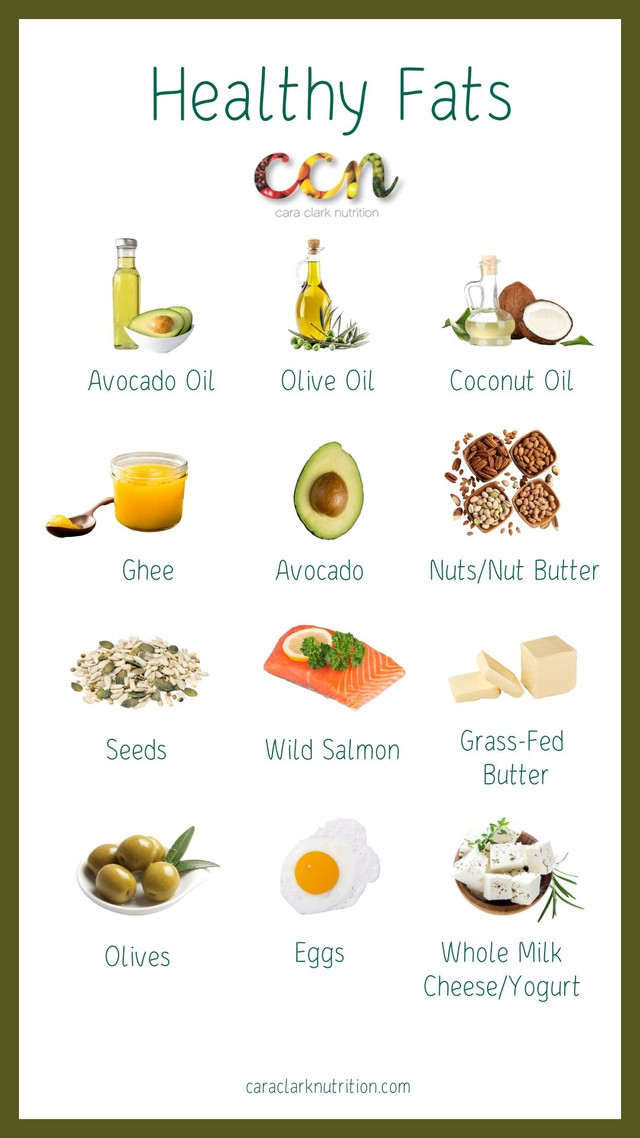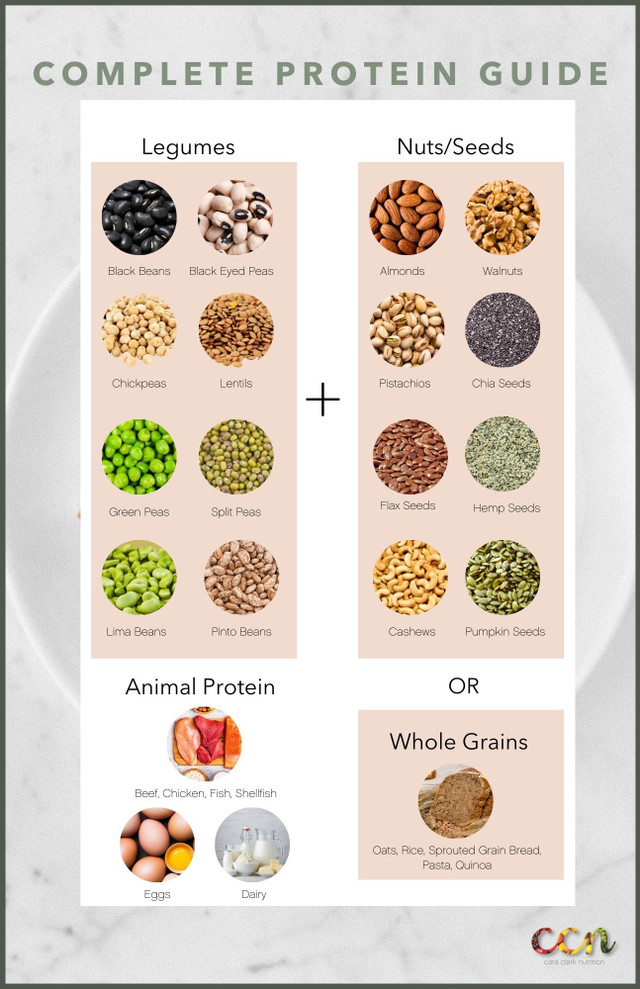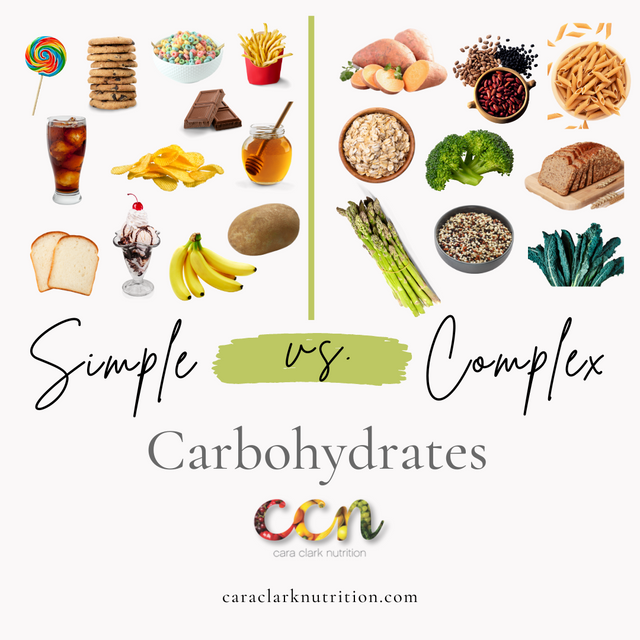
Part 3: Fats
Part 3: Fats Check our Part 1 and Part 2 of our “Macros” blog series if you missed them before we dive into all things fat! Listen and remember.

Protein. Everyone’s favorite macronutrient! We figured we would wrap up our series with the good guy – The one that’s never had a bad reputation! (Missed the other posts in our series? Check them out here: Part 1, Part 2, Part 3)
Just like the other two macros, protein is vital to our health, but it’s not any more essential than carbohydrates and fats. The reason it has remained neutral in the dieting and fitness world is because it only carries four calories per gram (unlike fat which has 9 calories per gram) and it’s not a water transporter, (unlike carbohydrates).
Next to water, protein is the most abundant element in the body. It plays a major role in maintenance, development, and repair of all regulatory and structural components within. Protein provides the primary building materials for muscles, blood, skin, nails, hair and internal organs like the heart and brain. Protein is vital for the production of various hormones, which control a variety of bodily functions; from reproduction to muscular growth to the rate of metabolism. Protein is even a homeostatic regulator of the pH in our bodies to make sure the blood and tissues don’t become too alkaline or acidic. In addition, proteins supplied by our diets (think complete proteins) help to synthesize regulatory and protective proteins like enzymes and antibodies. Enzymes are a buzz word lately, especially in the CCN world. They are used for the digestion of foods; to break down fats, proteins, and carbohydrates into their smaller nutrient components for absorption. They’re also important for the synthesis of lean muscle tissue. And guess what? They’re formed in the cells. You know how we always say that CCN teaches on the cellular level? You learn by doing, don’t forget that.
Another mainstream buzzword, thanks especially to the global pandemic, is antibodies. An important component of the immune system, antibodies are protective proteins that contain a unique amino acid sequence. They are formed in the presence of antigens, which are identifiers or markers for a pathogen which has invaded the body. Antibodies are only capable of combating their one type of antigen. Because of this, we need all the different antibodies we can get, ya know?
Now, let’s chat briefly how more does not always equal better with protein. Excess protein can be just as bad as excess fat or carbs. Balance is key (and another reason why at CCN we recommend all 3 macros at every meal). If you are getting too much of one particular macro, it usually displaces one or both of the other two, and when this happens, your body is not getting sufficient amounts of those to perform the essential functions it needs them for and you start running into problems. Additionally, you can only actually absorb and utilize up to a certain amount of protein from a given meal (20-30 grams) and you cannot store excess protein in the body like you can with carbs and fat.
Don’t forget about the roles our other macronutrients play to help with absorption and utilization of proteins. I figured we could keep this one short and sweet as it is more simple than our other macros, but I wanted to share one more thing in relation to the protein we consume. Many foods have some protein in them, but unless they are complete protein sources (meaning they contain all nine essential amino acids that our body cannot produce on its own), you may be missing some important nutritional components. If you’re following the CCN way of life and use our challenges as your guides, please don’t be alarmed, you’re doing just fine. All animal proteins are complete proteins. But if you follow a vegetarian or vegan approach, you will want to make sure you are combining your protein sources correctly to ensure you’re getting all the necessary essential amino acids. Refer to the guide below to learn more.
The best way to learn something is to do it! Learn even more about macros and fueling your body properly in any one of our challenges.

I began my career as a way to heal my own body and give me the energy to seek the life I was called to live.
Now, as an integrative nutritionist and wellness educator, I help people nurture their bodies through a non-dieting approach to food and the beautiful connections between physical wellness, mental and emotional health, and spirituality that have taken my own life to the next level.
We host seasonal nutrition challenges 4 - 5 times per year. Want in on the next one?
Drop your info below!

Part 3: Fats Check our Part 1 and Part 2 of our “Macros” blog series if you missed them before we dive into all things fat! Listen and remember.

Welcome back to our Macros series! Missed Part 1? Check it out HERE. Today, let’s start with carbs.. our most misunderstood macronutrient. Before I get into

If macros still seem like French to you, let me break it down simply in our macronutrient blog series…the word “macronutrient” means any nutrient that

Ashlee here! We get asked multiple times every challenge, how do we eat the CCN way when traveling? Today I’m going to tell you how
5 Free Weeknight Recipes Your Whole Family Will LOVE! Delicious and Nutritious meals that will satisfy your health goals AND the picky eaters around your dinner table!


5 Free Weeknight Recipes Your Whole Family Will LOVE! Delicious and Nutritious meals that will satisfy your health goals AND the picky eaters around your dinner table!
COPYRIGHT © CARA CLARK NUTRITION
DESIGN BY BRIDGETBAKERBRANDING.COM